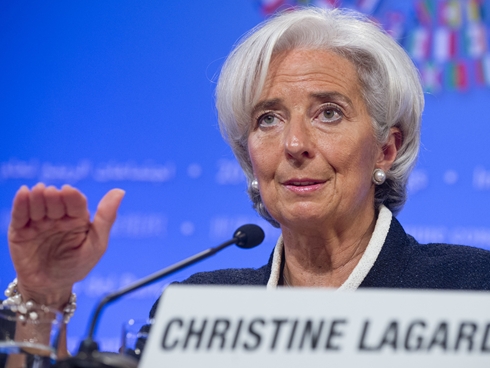Russian President Dmitry Medvedev will urge Tehran to resume talks with global powers over its nuclear program when he meets with Iranian President Mahmoud Ahmadinejad on Thursday, a senior Russian official said.
Medvedev is also willing to listen to Iran’s concerns on the issue when he meets with Ahmadinejad at a summit of Caspian Sea states in Azerbaijan, an official in the Russian delegation said in remarks authorized for release on Wednesday.
"We believe that we should negotiate with him," the official told journalists, adding, "we need to convince him (to return to dialogue) and, possibly, try to hear him."
The remarks suggested that Moscow wants to regain Tehran’s trust and raise its profile as a negotiator after angering Iran in recent months by moving closer to the US position on its nuclear program, supporting new UN sanctions in June and scrapping the sale of air-defense missiles to Iran.
Western nations suspect Iran is seeking to develop nuclear weapons, while Tehran says its long concealed uranium enrichment drive is aimed only at generating electricity.
European Union foreign policy chief Catherine Ashton has been representing the six powers – Russia, the United States, Britain, France, China and Germany – in efforts to agree on new talks with Iran.
Both sides have expressed readiness for discussions on Dec. 5, but they have not agreed on a venue, and Ahmadinejad has signaled that at least some of Iran’s activities are off-limits.
His suggestion that Iran’s right to nuclear capabilities is not negotiable has prompted suspicion Tehran will try to avoid discussing sensitive activities at the heart of global concerns.
"It’s not that we should agree with their arguments, but we should ask why they do not agree (to discuss nuclear activities) and what their concerns are," the Russian official said.
Strains over the shift by Russia, which has long had warm ties with Iran and has built its first nuclear power reactor, erupted into angry words between Ahmadinejad and the Kremlin after Russia signaled support for the new sanctions in May.

